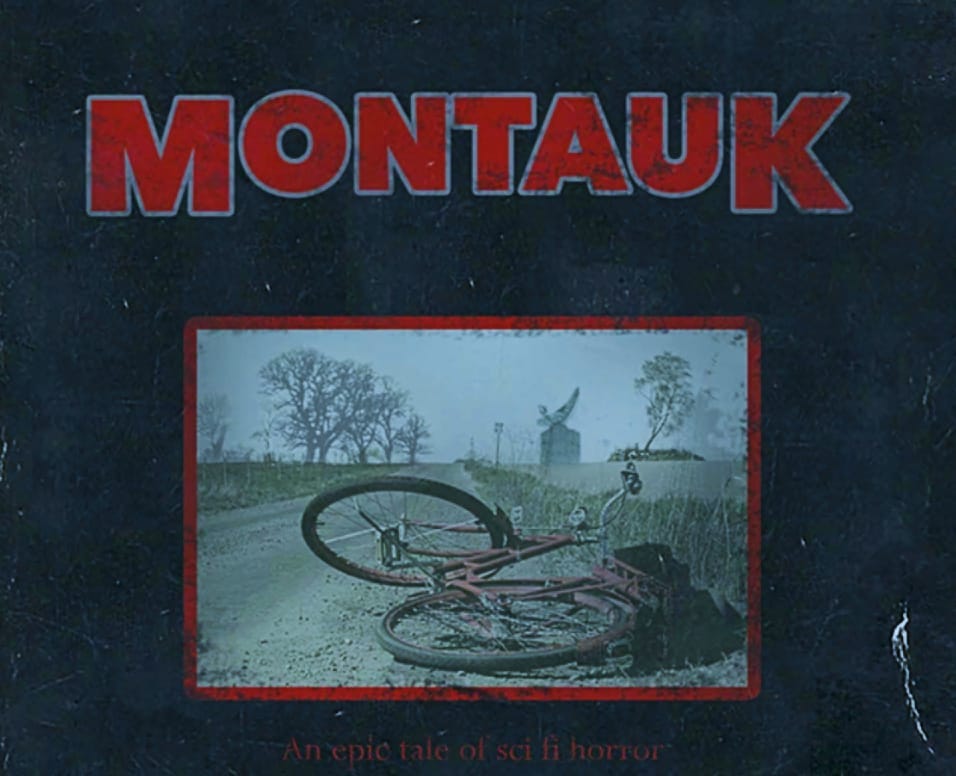You Don't Have a Marketing Problem. You Have a Meaning Problem.
Using the 50% Rule to create connections that stick
"The oldest modern university came from Italy," announced the speaker at my friend’s graduation.
I didn’t question it. Most don’t.
University of Bologna founded 1088 CE.
But later, I discovered the University of Al-Qarawiyyin in Fez, Morocco – founded in 859 CE by Fatima Al-Fihri, a Muslim woman from Tunisia.
Al-Qarawiyyin was a mosque, but also a university. A sanctuary for thought. Open to women. Open to the world.
Even the graduation gowns and caps we wear today trace back to the Islamic scholarly tradition:
The robe (thobe) to symbolize academic achievement
The flat-top hat to rest the Qur’an, symbolizing the primacy of scripture and knowledge
The tassel moving from right to left (a bookmark used when reading the Qur’an because Arabic is read right to left)
So why do we remember Oxford, Cambridge, and Bologna while forgetting Al-Qarawiyyin?
The most powerful ideas aren’t always the most original — they’re the ones most emotionally connected to what we already know.
That’s what an ancient university in Morocco and a monster-filled Netflix series have in common. And it might just change how you frame your next big idea.
What (actually) makes things stick:
This pattern extends far beyond academic history.
When the Duffer Brothers pitched Stranger Things (originally named Montauk), they didn't just say "it's a show about kids fighting monsters." They said, “A love letter to the golden age of Steven Spielberg and Stephen King - a marriage of human drama and supernatural fear.”
And that reference helped them create the most-streamed TV show in the U.S. in 2022, with over 52 billion minutes watched.
We remember what resonates, not what’s promoted.
Not because it's truer– but because it's connected to what they already know.
Superficial familiarity is when something is merely recognized ("it's like Uber!")
Meaningful connection taps into the emotional undercurrents beneath recognition
The Duffer Brothers didn't just reference Stephen King's style. They understood that King's stories created a specific emotional landscape: childhood wonder colliding with terror, ordinary towns hiding extraordinary secrets, and the bittersweet nostalgia of coming-of-age during strange times.
The 50% Rule
This reveals what Erin Hatzikostas, former CEO and founder of b Authentic Inc, calls "The 50% Rule" on the podcast “The Business of Story”:
When introducing a new idea, at least 50% of it should be grounded in things people are deeply familiar with – not just intellectually, but emotionally.
The 50% Rule is a "simple compromise: Do things half-normal, half-you—and work half as hard—for amazing results that are grounded in your authentic strengths."
This explains why startups so often fail at messaging. They focus on their innovation (the unfamiliar) without first establishing meaningful connections to what their audience already values.
It also explains why the most successful founders seem to effortlessly attract audiences: they intuitively understand how to connect their innovation to existing meaning structures – they're instinctively applying the 50% Rule that Hatzikostas developed through her work helping companies and professionals build authentic connections.
How Meaning Outperforms Marketing
Consider these contrasting approaches:
Company A: "Our AI-powered platform uses proprietary algorithms to optimize your workflow." (Pure novelty with no meaningful connection)
Company B: "Remember how Excel transformed your ability to organize information? We're doing the same for your team's collaboration – just without all the frustrating formula errors." (Connects to a familiar emotional experience while introducing something new)
Company B isn't just referencing Excel. They're tapping into the emotional memory of how it felt when you first realized you could organize information in a completely new way – and the frustration you've felt with its limitations.
That's not marketing. That's meaning-making.
The Hidden Pattern of Forgotten Origins
The pattern of forgetting Al-Qarawiyyin while remembering Oxford follows the same principles. Europeans returning from Islamic centers of learning brought back not just robes and traditions but connected them to their existing cultural frameworks.
Over centuries, these connections strengthened while the original sources faded – not because the original wasn't significant, but because its meaning wasn't continuously reinforced through emotional connections to lived experience.
From Marketing Problem to Meaning Solution
The next time you struggle to gain traction with your message, ask yourself:
What familiar emotional experience can I connect to? (Not just intellectual concepts)
What values does my audience already hold that align with my innovation?
What narrative structures would help them understand the journey I'm inviting them on?
The answer isn't more marketing tactics. It's more meaningful connections.
Because in a world drowning in novelty, we don't remember what's merely new. We remember what connects to what we already care about.
We remember Oxford because we've seen it in countless films, books, and cultural references. Each mention deepens its meaning in our lives.
We forget al-Qarawiyyin not because it mattered less, but because its meaning wasn't continuously reinforced through the stories we tell ourselves.
Your product, your service, your idea – they all face the same challenge. Not a marketing problem, but a meaning problem.
Solve for meaning first, and the marketing follows naturally.




